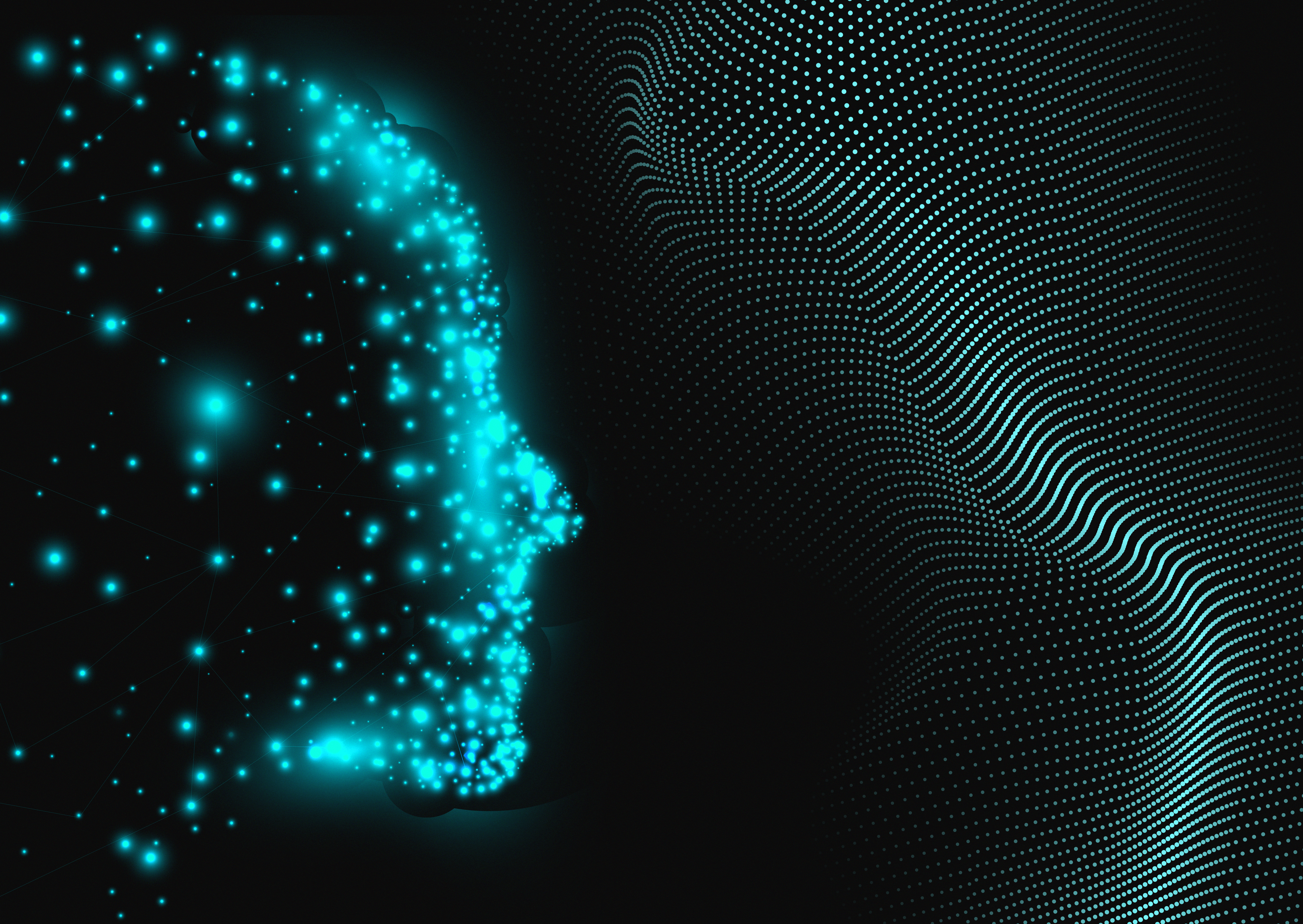Generative AI is not just a technological advancement; it’s a creative force that enables machines to produce original content—whether it's writing, art, or even music—by learning from vast datasets. Unlike traditional AI, which merely analyzes and categorizes information, generative AI builds on existing data to generate entirely new ideas and solutions.
